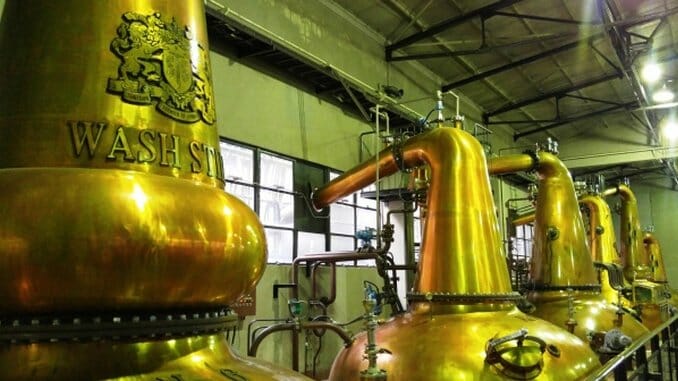Ask the Expert: Is Japanese Whisky the Same as Scotch?

In our new Ask the Expert series, Paste readers chime in with some of their most pressing booze concerns, and we do our best to help you make sense of it all. Resident expert Jake Emen has spent years on the road traveling to distilleries across the country and around the world, and he’s here to help. Want your own question answered? Send a Tweet to him @ManTalkFood using #AskTheExpert.
Japanese whisky continues to gain global status, so much so that we’ve basically bought the big producers out, and they’ve had to replace products with younger and alternative expressions. Reinforcements are on the way and there’s still plenty to go around, but in the mean time, we should take a moment to learn more about the stuff. So what is Japanese whisky, and is it the same as Scotch?
To get the geography out of the way, Scotch of course hails from Scotland and Japanese whisky hails from… Japan. So besides that point of differentiation, are they otherwise the same?
Japanese whisky has numerous similarities to Scotch, and the category essentially got its start by bringing home firsthand knowledge and expertise from Scotland. Therefore, as with malt whisky in Scotland, malt whisky in Japan is double distilled in copper pot stills. Also as with Scotland, grain whisky, which incorporates any other grain in addition to malted barley, is produced and is made using column stills.
Another similarity is that Japanese whisky has both single malt whisky, and blends. A single malt whisky, whether in Japan or Scotland or the United States, is a 100% malted barley whisky made at a single distillery. Take a look inside one of the major Japanese whisky distilleries though, and that’s where the differences start to come into play.
-

-

-

-

-

-

-

-

-

-

-

-

-

-

-

-

-

-

-

-

-

-

-

-

-

-

-

-

-

-

-

-

-

-

-

-

-

-

-

-








































